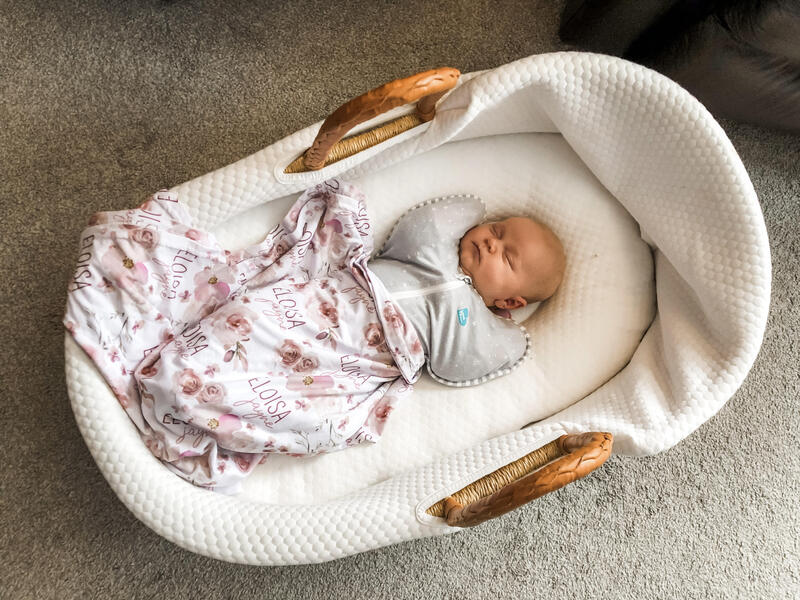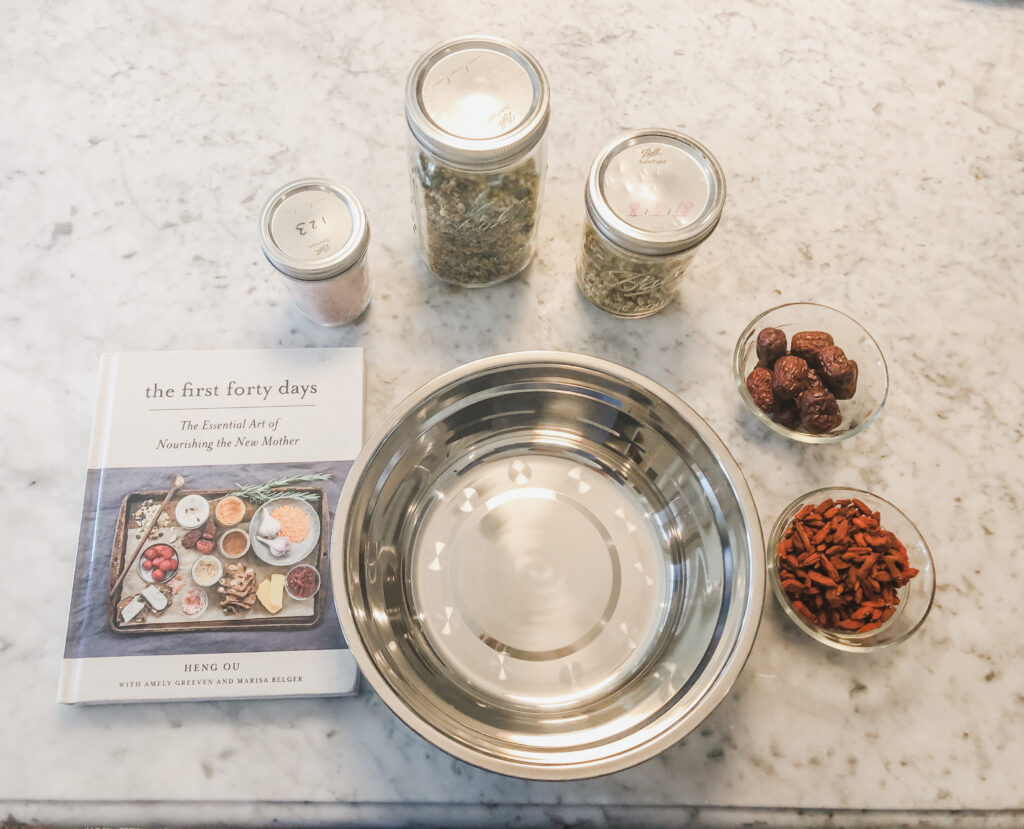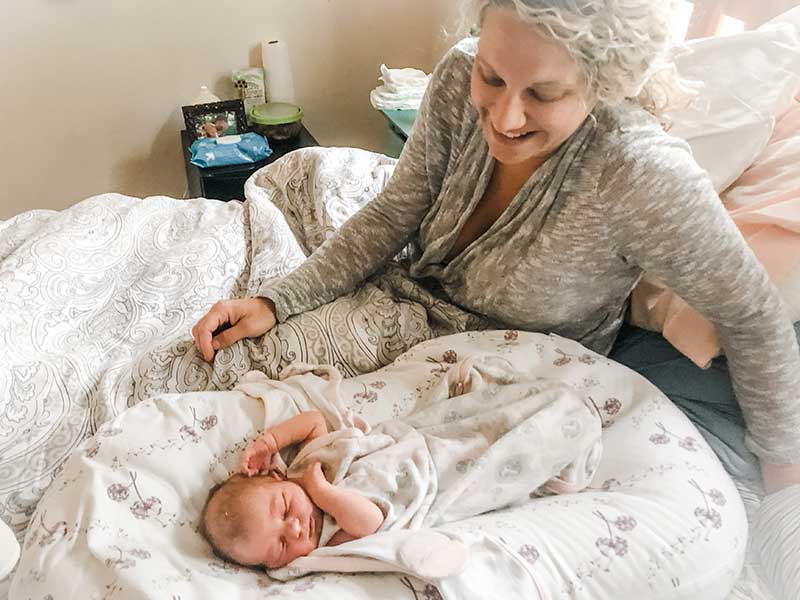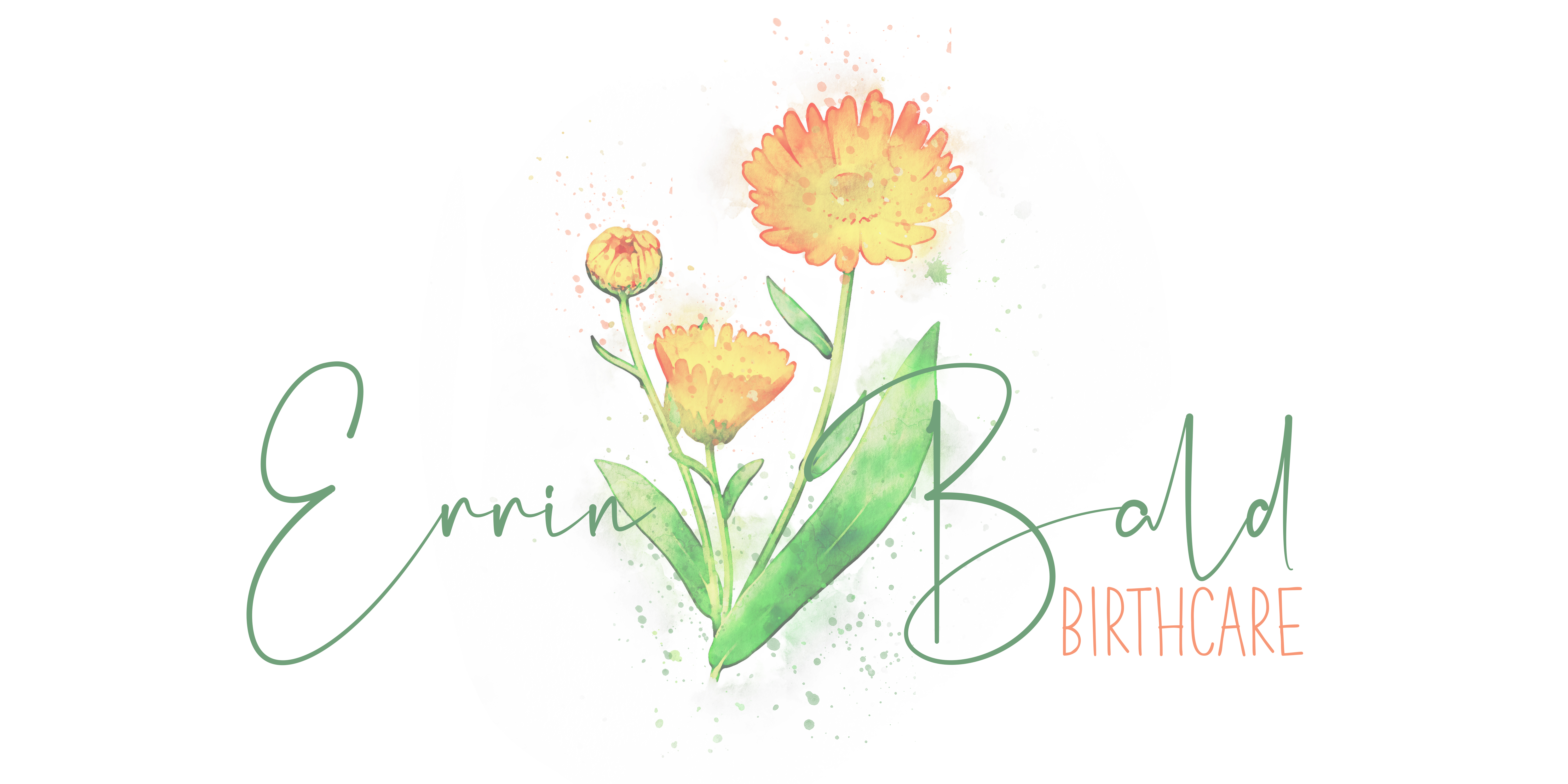Postpartum Services
support + rest + nourishment = healing
Often an afterthought, your postpartum period is one of utmost importance and is the foundation of your newly changed family. Support, rest, nourishment, warmth and tender words is what you deserve. Choose to invest in care and support during the first weeks and months post-birth and you will change the course of you and your family’s life.
In-Person Postpartum Consultation + In-home Care Visits
The most supportive offering, these in-person visits are tailor-fit to your needs of that day. During the postpartum period, visits are often focused around:
- Creating a healing environment
- Questions and conversation
- Talking out newborn challenges
- Household support
- Newborn care
- And more!


In-home Postpartum Steam or sitz bath
This soothing visit is focused on healing, warmth and honoring the enormous transition your body, mind and world has gone through.
Steams and sitz baths are time-honored traditions from around the world, using warmth to promote the healing of tissues and the relaxation of tightening muscles. In this two-hour visit you will:
- Experience a relaxing steam or sitz bath in the comfort of your home
- Learn how to choose gentle and easy-to-find herbs
- Discover how you can create a spa-like space in your home and recreate this experience again and again
Virtual Postpartum Consultation
(Phone / Zoom)
Whether or not you have in-person support after your baby is born, you can still benefit from doula support with this consultation option. Schedule a call with me and:
- Discuss any questions
- Ask for a resource or helpful direction
- Talk out a challenge and game plan a solution
- Release anxious thoughts
- Create a plan
- And more!
Our call includes any necessary follow-up resources or information via text or email.

Postpartum Support is Essential
Many first-time parents are shocked to learn that their medical provider will give little to no support in the postpartum. After nine months of visits, many aren’t typically seen until 6 weeks after their baby’s birth.
Even then, the appointment often consists of a 10-question survey intended to spot postpartum depression, perhaps a quick exam, often none at all, an offer for birth control and the OK to have sex.
There shouldn’t be this fall-off in care.
After growing and birthing a baby, you need much more than a distant doctor’s visit, a couple of meals and a few well-intentioned visitors.
You need rest, nourishment and relief of the mundane duties of daily life.
Your birth story needs to be told and heard.
You deserve as much care as your baby.
You were also never meant to do this alone.
For thousands of years, humans lived amongst one another in multigenerational and communal living spaces.
We witnessed birth, breastfeeding, how to care for our babies. When we gave birth, we were tended to. Our homes were cared for, we were fed, our older children helped. And then we, in turn, did this for the other women of our family or community.
Yes, we carry innate knowledge for caring for our babies, but just as children learn through seeing and doing, so do we. Witnessing and mimicking things we learned in pregnancy, birth, breastfeeding, newborn care, postpartum changes helped shape our “innate” knowledge.
In today’s world, we need to recreate the village. Find trusted resources, talk with friends and family about ways you can support each other during these years, learn about the postpartum and how to best heal. Hiring support during your postpartum, gives you a resource you can consult without judgement or strings attached, without complicated relationships or intrusive advice.
Someone to text and ask is this normal? Should I pump? Is yellow poop ok!? Is that normal? When does the umbilical cord fall off? How can I help them fall asleep? My bleeding returned, should I call my provider?
Someone to call when you need to talk something out, make a plan, take a break.
Someone who has been there with her own babies and has had the immense privilege to spend hundreds of hours with babies and families, learning more from them than she could ever give back in return.
Someone who believes in weaving passed-down pieces of wisdom in with modern adaptations and making them available to families as a resource and a toolkit — but not as a rule or a schedule or a blueprint.
And, most importantly, someone who knows that each baby is unique in their own way—and that no one knows your baby or can care for your baby as well as you.
FAQs
A birth doula is a physical, emotional and informational support person who helps families navigate pregnancy and birth. A birth doula typically attends your birth from start to finish while also providing support during your pregnancy and in the immediate days of postpartum.
A postpartum doula is a physical, emotional and informational support person who helps families navigate the postpartum period. A postpartum doula typically provides home visits, answering questions, finding resources and caring for home-related tasks after baby is born.
No, which may surprise many but you’re not alone! A commonly misunderstood term, “postpartum” refers to the period after your baby is born. While some people limit the postpartum period to the 12-weeks after birth, research has shown us that the postpartum period can last for tweleve months or longer.
Postpartum depression is a condition where women experience depression after having a baby. It’s also referred to as Peripartum Depression or PPD.
A postpartum doula can be of great support to a person suffering from PPD, however, it is not the sole focus of a postpartum doula.
Yes! A large Cochrane review was published in 2017, citing 27 trials with more than 15,000 women performed in 17 different countries. The birthing women were randomized to have continuous, one-on-one support (doula care) or “usual care” of nurse and doctor (and partner when applicable).
The women who had continuous labor support by a doula:
- Were more likely to have spontaneous vaginal births
- Were less likely to have pain medication, epidurals, negative feelings about childbirth, vacuum or forceps-assisted births and Cesareans
- Had increased oxytocin, mobility and self-esteem
- Had decreased pain and anxiety
- Had shorter labors by about 40 minutes
- Had babies who were less likely to have low Apgar scores
- Could decrease their risk of postpartum depression
The researchers found no evidence for negative consequences of continuous labor support. Read more about the evidence for doulas at Evidence Based Birth.
Interested in Scheduling a Consultation with Errin?
